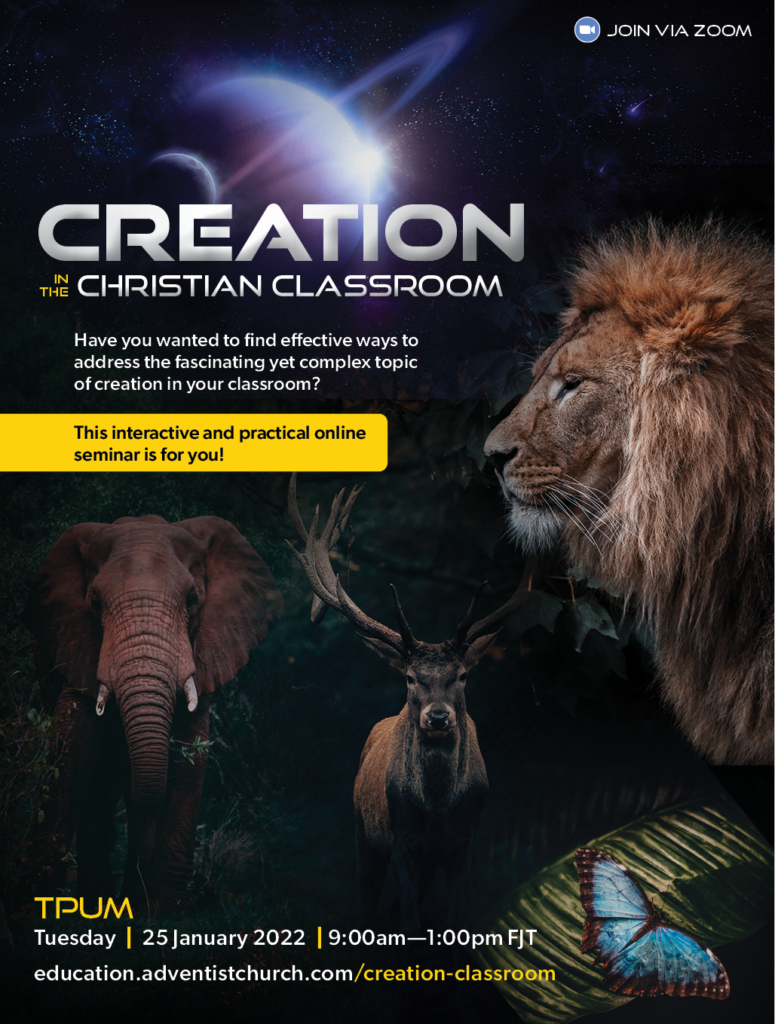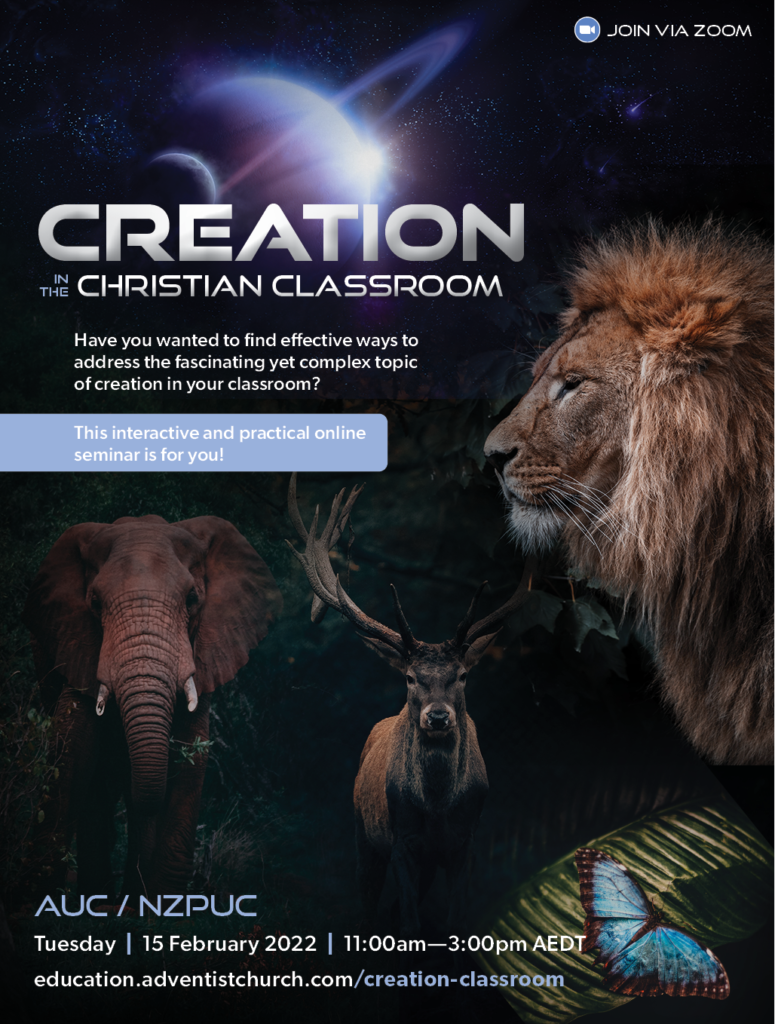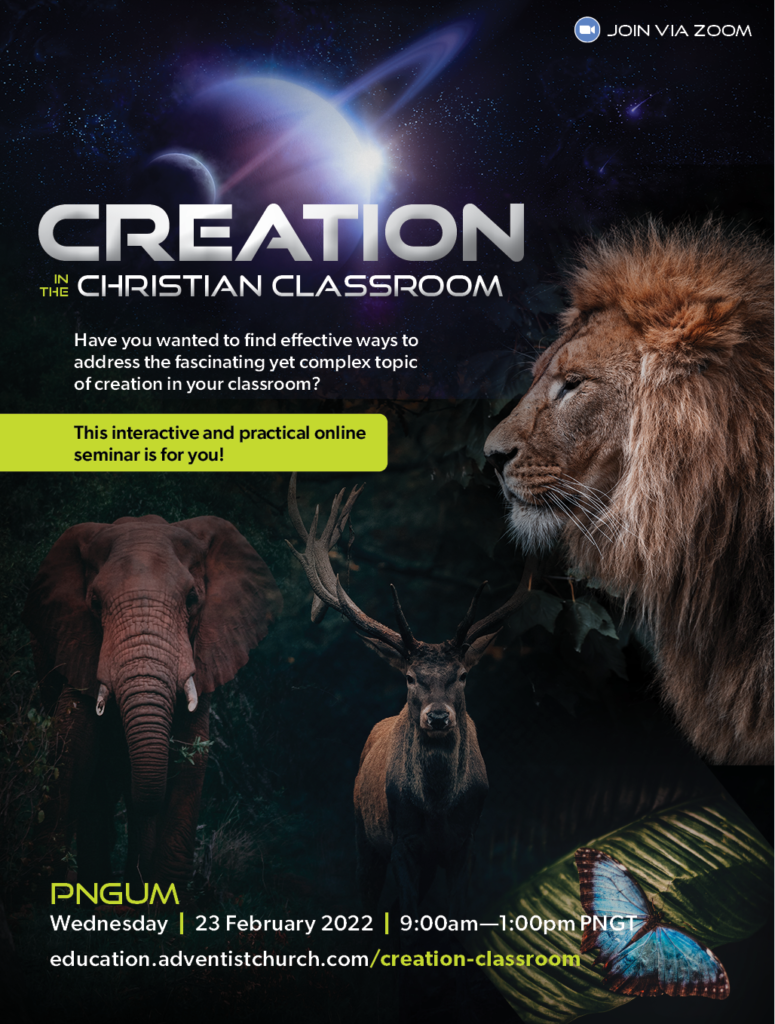Creation in the Christian Classroom – Online Event

Special online event via Zoom in 2022!
This online Professional Development seminar occurred in January and February 2022, in these seminars scientists from the Geoscience Research Institute:
- Shared resources and ideas for lesson plans and classroom activities for both primary school to high school levels;
- Discussed strategies to address evolutionary arguments in biology curriculum;
- Reflected on how to equip our students with an understanding of ways of acquiring and sharing knowledge in the field of origins.
This Professional Development event included local presenters from within the South Pacific Unions as well as the South Pacific Division.
Promotional Videos
Program Details
The Creation in the Christian Classroom Zoom event is a 4-hour Zoom seminar that has been scheduled specifically for teachers and chaplains all across the South Pacific Division Unions. It will be hosted by friendly research professionals and Education teachers. Scientists from the global Geoscience Research Institute will facilitate interactive workshops on topics that have been specially selected for the South Pacific Division. It will be an interactive opportunity for you to explore the fascinating and challenging concept of Creation in the Christian Classroom. It will be hosted by local teachers and education directors. Q&A opportunities will be interwoven with informative presentations.
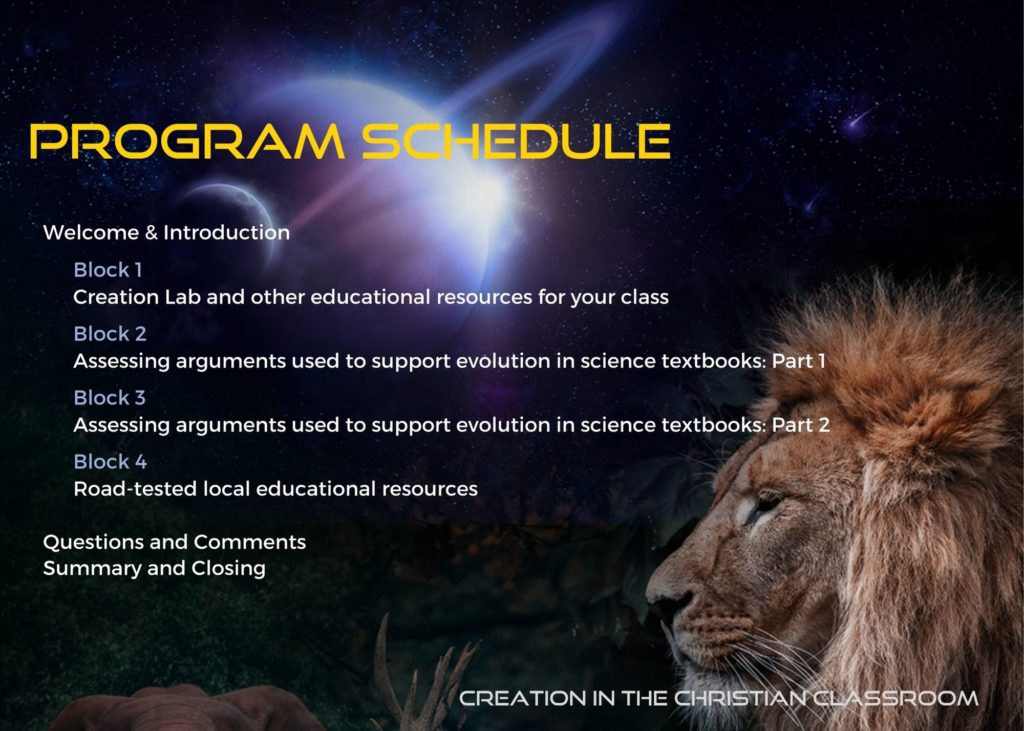
Event Flyers
Topics
Seminar 1: Creation Lab and other educational resources for your class
Synopsis: Teachers are always on the lookout for class activities that can introduce scientific and biblical principles in practical ways, and on a limited budget. The Creation Lab video series was developed to illustrate through ingenious, low-budget experiments physical and biological aspects of design intrinsic to the organization of our planet and creation of life described in Genesis 1. We will review together this and other resources and think of ways of including them in the science curriculum within your program.
Learning Objective: Teachers will become familiar with resources and ideas for class activities applicable to their science curriculum.
Presenter: Noemí Durán is the Director of the European Branch Office of the Geoscience Research Institute. Noemi has a PhD in Biology from Loma Linda University, and her area of expertise is Animal Behavior. She lectures on faith, science, and origins topics, and teaches Science and Religion classes in several Theological Seminaries across Europe.
Seminar 2 & 3: Assessing arguments used to support evolution in science textbooks: Part 1 & 2
Synopsis: This series will discuss and review various arguments used by scientists in support of evolutionary theory, such as they appear in standard science textbooks. Some of these arguments are used as support of abiogenesis (the naturalistic origin of life theory), the mechanism of natural selection as a driving force of evolution, mutations as the mechanism of change necessary for evolution, the origin of complexity, and arguments that use data from the fossil record (transitional fossils, the Cambrian explosion) and from living organisms (Darwin and the Galapagos). These arguments are evaluated in order to assess their validity.
Learning Objective: Attendees will be able to identify the arguments presented in science textbooks in favor of the theory of evolution; Evaluate the validity of those arguments in the light of current scientific knowledge; Discuss how to deal with these arguments in the classroom.
Presenter: Raúl Esperante is a paleontologist who works as Senior Scientist at the Geoscience Research Institute. He holds a PhD from Loma Linda University. He has published numerous articles in peer-reviewed journals, and has presented in numerous scientific and theological congresses in the North and South American continents, and in Europe and Australia. He is the Principal Investigator for research projects on the stratigraphy and paleontology of the Pisco Basin in Peru, and on dinosaur footprints in Bolivia. He also specializes on the relation between religion and science and the controversy of creation versus evolution.
Presenters
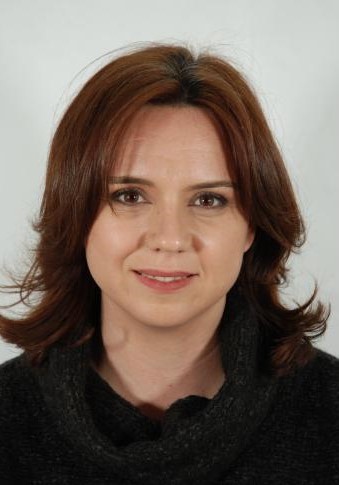
Noemí Durán
As marine biologist specialized on ecology and animal behavior, my research interests relate to conservation of endangered species, as well as the study of their adaptations to specific environments. My field research focuses on ecology and behavior of sea turtles in South Honduras. I study two species: olive Ridleys, the the most common sea turtle species in the world, and hawksbills, one of the most endangered. Both these sea turtle species inhabit and reproduce in the waters of the Gulf of Fonseca, a shallow inlet of the Pacific Ocean surrounded by the coasts of Honduras, El Salvador, and Nicaragua. The Gulf of Fonseca region has special features that distinguish it from other nesting beaches, and sea turtles show unique adaptations to some of these features. One of my studies discovered a previously unknown swimming behavior in olive Ridley hatchlings that helps them to avoid being predated by the numerous sea birds present in the area. One of the goals of my research is to study how quickly sea turtle populations adapt to new environments.
I also work on Community Based Conservation, cooperating with the local communities in small sea turtle conservation projects. During the last two years, we have trained local fishermen to correctly handle and rescue the sea turtles that get entangled in their fishing nets, as well as to record important scientific data from the animals prior to release them back into the ocean.
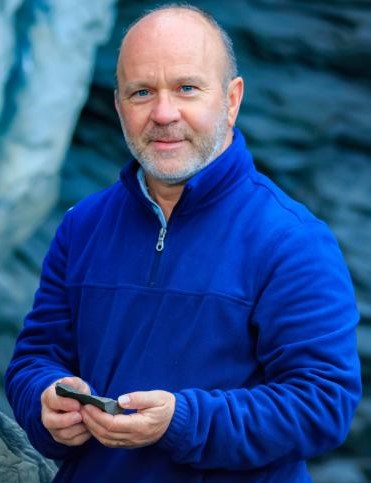
Raúl Esperante
As geologist and paleontologist my interests relate to the history of sedimentary basins and the fossils within the rocks. I am currently studying the sedimentary layers of the Pisco Basin in southern Peru where a thick succession of strata was deposited in a mostly shallow marine environment. There, I have several lines of research:
- Many of the layers contain well preserved fossils of marine mammals (baleen whales, dolphins, seals, sea lions), sharks, fish, and invertebrates. I am studying the fossilization processes that led to preservation of the fossils.
- The marine mammal fossils are very abundant. It is the largest known accumulation of fossil marine mammals in the world. One of my goals is to explain why so many specimens died, were buried and became preserved in the rocks.
- I am studying the lithology, and stratigraphy of the succession of layers to understand the sequence of events and processes that led to the accumulation of the sediments in the ancient marine environment.
- I am paying special attention to the ichnofossils (trace fossils) in the layers, as they provide important insights on the ancient conditions of the marine environment. This research is carried out in collaboration with other researchers and students.
Resources

‘ByDesign’ High School Biology Program
https://rpd.kendallhunt.com/program/bydesign-biology
https://rpd.kendallhunt.com/product/bydesign-biology-teacher-digital-package
Geoscience Resources – https://www.grisda.org/
Geoscience Student and Children’s Resources – https://www.grisda.org/for-kids
Geoscience Top 10 recommended websites – https://www.grisda.org/top-ten-websites
Subscribe to the Geoscience Newsletter here.
Other relevant Geoscience Research Institute articles
Biological Evidence of Life’s Recent Creation – Timothy Standish https://www.grisda.org/is-there-biological-evidence-of-lifes-recent-creation-1
The Existence and Extinction of the Dinosaurs – Raul Esperante https://www.grisda.org/the-existence-and-extinction-of-the-dinosaurs-1
Dinosaurs and the Bible – Raul Esperante https://www.grisda.org/dinosaurs-and-the-bible-1
Recommendations for spiritual material for being a Spirit-filled science teacher – by Mareta Vaovasa
Education Chapter 14: “Science and the Bible” https://m.egwwritings.org/en/book/29.613#613
Patriarchs & Prophets Chapter 9: The Literal Week: https://m.egwwritings.org/en/book/84.428#428
Patriarchs and Prophets Chapter 7: The Flood https://m.egwwritings.org/en/book/84.336#336
Ellen White Statements Relating to Geology and Earth Sciences https://m.egwwritings.org/en/book/743/toc
Link to Michael Crofts presentation resources
https://www.dropbox.com/sh/6kno0to6ujwlxrf/AAAUNPTgITbK1DyRJjiHMwBla?dl=0
Other Articles
Other websites
Dinosaurs: Questions Christians ask – Elaine Graham Kennedy https://dialogue.adventist.org/1381/dinosaurs-questions-christians-ask
Origins Curriculum Resources – https://www.southern.edu/academics/faithandscience/Origins-Curriculum-Resources/The-Origins-Papers.html
Christians and Big Band Cosmology – https://www.perspectivedigest.org/archive/24-4/the-christian-and-big-bang-cosmology
Creation Ministries International https://creation.com/


